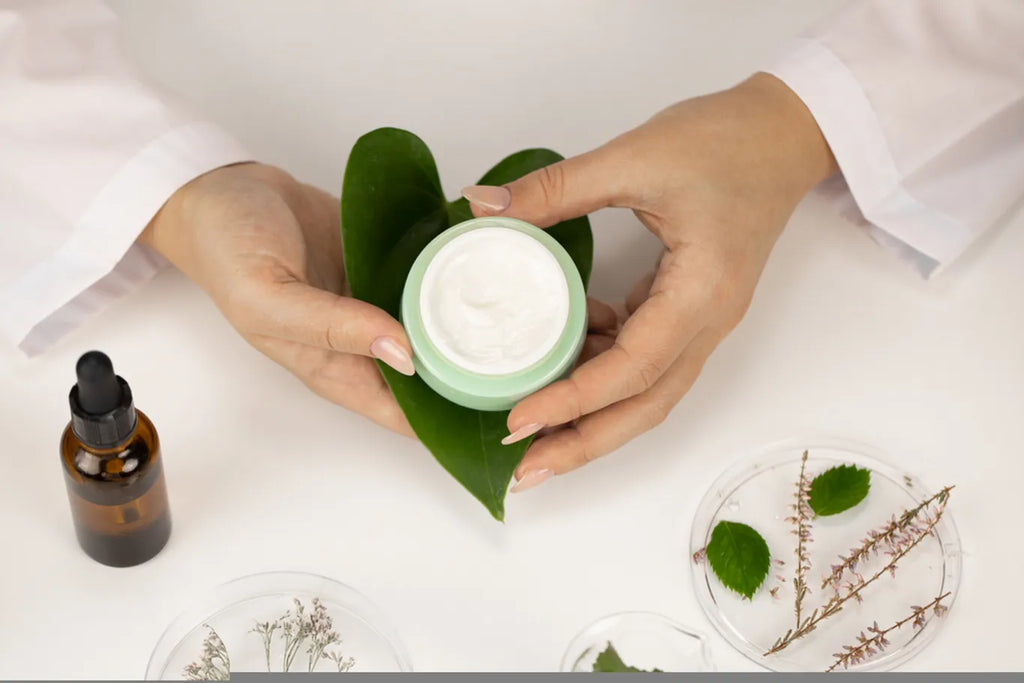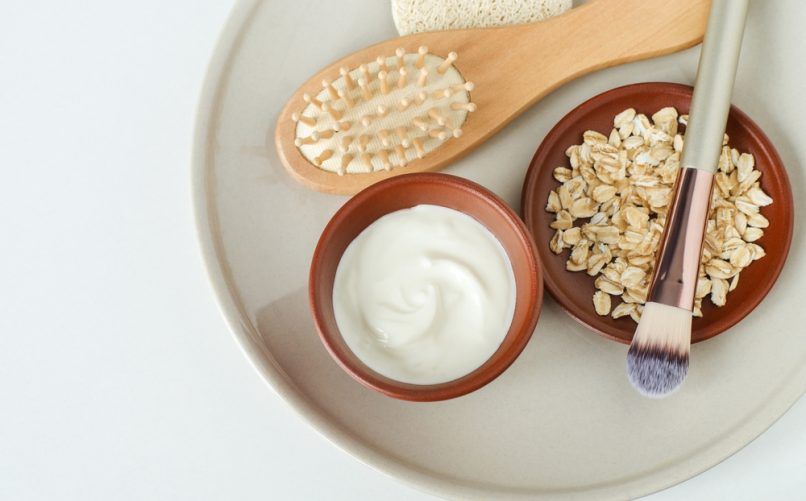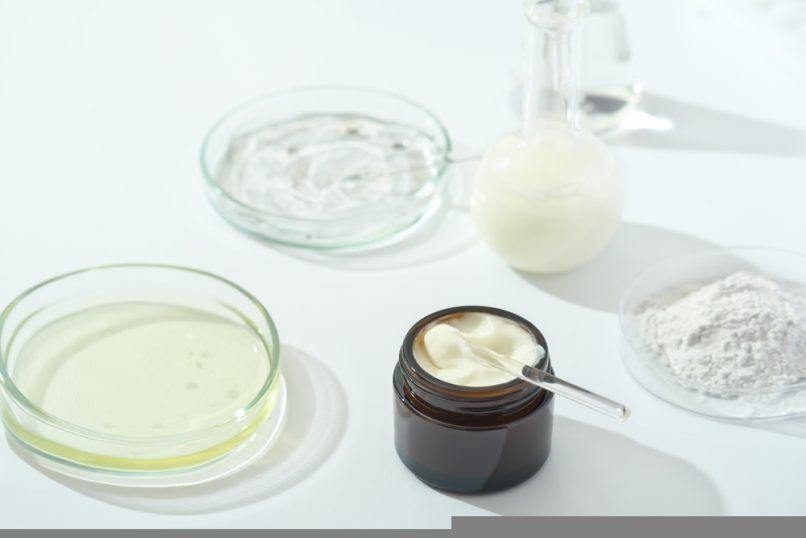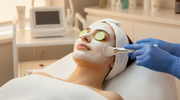Understanding from experts if probiotic skincare is worth the hype

Probiotics are said to encourage good bacteria and decrease the bad bacteria which would cause skin issues, such as acne. We talk to some of the best dermatologists about what probiotic skincare entails and whether it’s a myth or a miracle treatment.

We’ve all been to consume that bowl of curd, drink a tiny bottle of Yakult and consume fermented food for our gut. After all, probiotics (aka live microorganisms that live in your stomach) are good for your digestive system. These bacteria and other microorganisms help you to digest food, destroy disease-causing cells, or produce vitamins. Sounds great, and definitely something we would love to translate onto our skincare regime right? Enter, probiotic skincare – “Probiotic-laced skincare involves using products that contain live microorganisms to improve the health of the skin. Probiotic skincare involves applying these microbes topically in the form of products such as creams, balms, serums, cleansers, gels, or treatments in the form of Lactococcus, Bifida, Streptococcus thermophilus, Saccharomyces,” shares Dr Sushma Yadav, Dermatologist, Cosmetologist, Hair Transplant Surgeon, and Founder of the Skinology Centre in Bangalore.
“Before we speak about probiotics, let’s understand what the skin microbiome is. The skin microbiome consists of the natural bacteria, fungi, and viruses that are normally present on the surface of the skin. So, probiotics are said to encourage good bacteria and decrease the bad bacteria which would cause skin issues, such as acne,” supplies Dr Manasi Shirolikar, Dermatologist and Founder of DrManasiSkin.com, an online consulting brand.
Sounds lucrative but how does one introduce these natural bacteria to our skin? “Our skin has a natural microbiomonic or a plethora of microorganisms that live on it. It contributes to maintaining the pH of the skin and balancing, what we call the skin barrier. It’s kind of similar to what we talk about gut health. Skin health is determined by the skin barrier function. The skin barrier is made of corneocytes from the oil and hyaluronic acid from the waterside. It’s about oil and water formulation and the microbiome on the skin lives there. So there has been a trend of probiotic skincare or prebiotic skin care also where you introduce bacteria or live organisms that live on the skin surface and help rebalance the skin’s barrier, the pH and give it external protection,” elucidates Dr Chytra Anand, Founder of Kosmoderma & SkinQ.
Sounds like the real deal right? Add a dash of probiotic serum or a capsule to your skincare routine and you’re looking at brighter, healthier-looking skin. If TikTokers are to go by, the addition of probiotic-laced products has cleared acne, rosacea and other skin ailments.
We ask the experts to weigh in on whether probiotic skincare actually works?

Dr Ankur Sarin: “Probiotic skincare though sounds interesting but there is not enough research done on this to prove that this kind of skincare has a significant benefit. However, there are chronic conditions like acne, atopic dermatitis, eczema, psoriasis, and chronic wound that may not be resolving and are recurring in such problems probiotics can be given as we know they would not do any harm and may act as positive adjuvants.”
Dr Sushma Yadav: “Nobody can say for sure which specific strains of probiotics will have a long-lasting or even short-term effect on the skin, or how much of them we need to see a difference. Probiotics claim to provide benefits like reverse aging, and healing rosacea and acne if left on the skin however they can also cause inflammation and irritation.”
Dr Manasi Shirolikar: “Probiotics became popular to help gut issues however there isn’t enough evidence to support that probiotics make a difference when applied to the skin. Also, the probiotics that are commonly used are lactobacillus or lactococcus – which have a role to play in the gut but not so much on the skin. Studies with probiotics have usually had people ingesting or eating them rather than applying them on the skin. Fortunately, there isn’t much harm in using probiotics-infused skincare because most of it is usually a moisturizer. Be cautious to not use products with live bacteria in them as the probiotics as that can cause infections.”
Dr Chytra Anand: “The issue is that a lot of the microbiomes being added into skincare today are more to do with gut health, like lactobacillus which is very popular, but not necessarily skin health. The bacteria we need for skin health are very different from what we need for gut health. The other issue with probiotics is whether we are putting enough quantity of the microorganism and the right microorganisms. So the problem would be if it’s not formulated and it’s not active, is it helping in the first range to say the probiotic skincare? And it’s not a myth but the thing is that if one can find a proper formula where the microorganism is the one that’s found on the skin in sufficient quantity and stays alive for a period of time, then this formula will be very effective. It can help with sun protection, it can help with pH balance, and it can help with the anti-inflammatory role but in the current position, it’s not possible to have one that does all of it.”
So while we are sold on the opinion that with proper formulation, probiotic skincare could be a game-changing regime. It’s clear that without it, it’s a bit iffy trend with mixed results. “Homemade, DIY masks, with malai or khatta dahi is one of the best sources of probiotic but this probiotic is for our gut, not necessarily the one we need for the skin. There’s no harm in using malai or khatta dahi that’s sour curd because it’s lactic acid and lactobacillus on our face but it’s not really the bacteria that we need,” clarifies Dr Chytra.
Read full article on :https://www.lifestyleasia.com/ind/beauty-grooming/skin/understanding-from-experts-if-probiotic-skincare-is-worth-the-hype/


